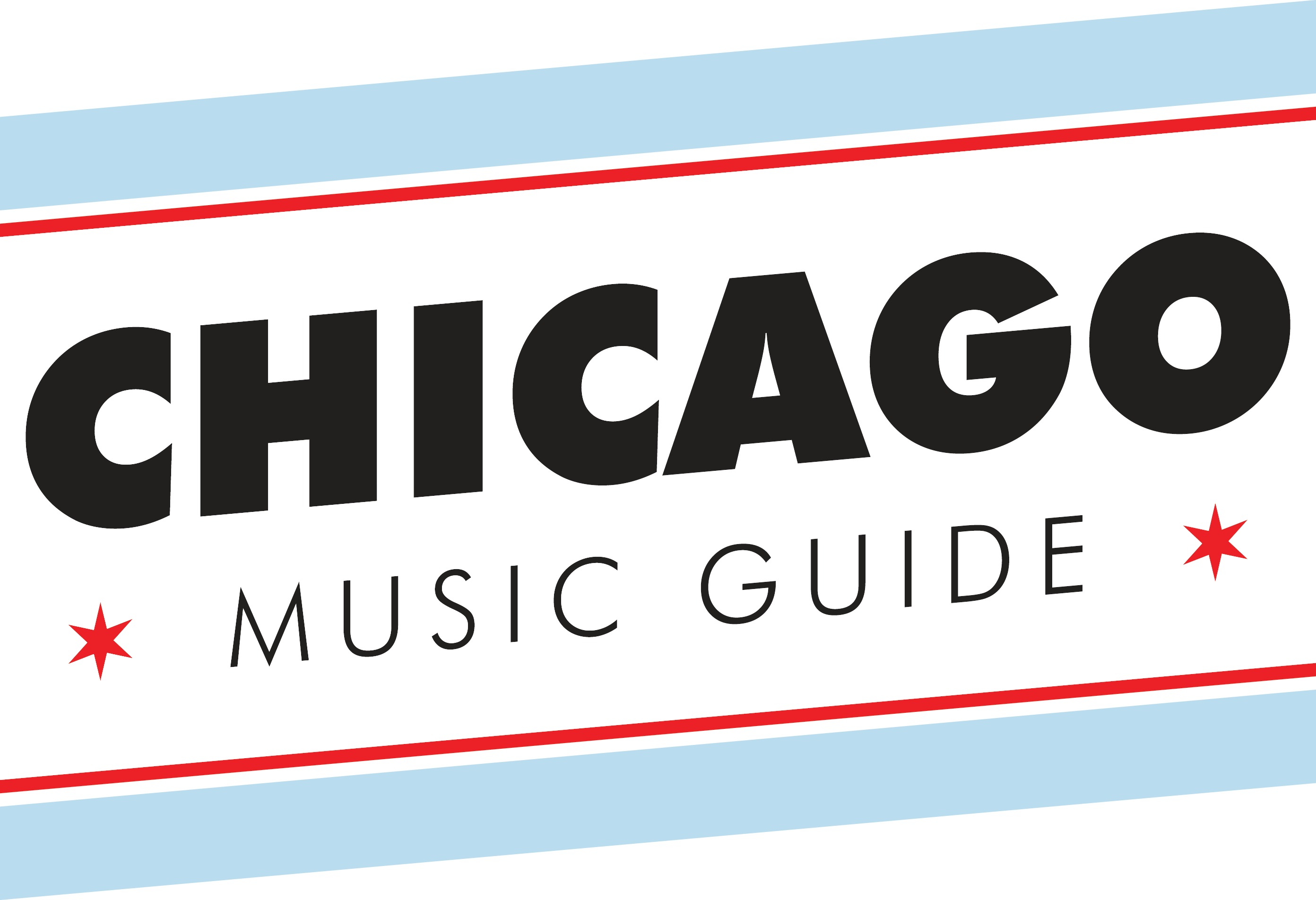GBH – A Brief History of Birmingham’s Street Punk Icons
By Justice Petersen
When people think of British punk rock, they usually think of the Sex Pistols. Their only studio album took the world by storm, scaring mothers and corrupting young minds everywhere. Singing about anarchy and causing mayhem across England, the Sex Pistols, despite their brief run, remains one of the most influential musical groups in modern history.
People may also think of the post-punk/new wave sounds of The Clash, another prominent group during Britain’s original wave of punk rock. Releasing numerous hits throughout their career, The Clash are known for their upbeat and catchy pop sounds infused with their loud guitars and Joe Strummer’s signature vocals.
However, not too many people think of GBH. A street punk band, GBH is known for attacking with a thrashier and speedier assault. GBH, an acronym for the legal term “grievous bodily harm”, differs from other British punk groups of the time because they did not include pop or post-punk sounds in their music. More similar to Discharge, another hardcore British punk band, or the Misfits, an American horror punk band from across the pond, GBH was more prone to release fast, roughly 2-minute bangers one right after the other. Even throughout the 1980s the band still retained their hardcore punk sound.
GBH is unique for their influence on American thrash metal bands of the 1980s. James Hetfield of Metallica and Dave Mustaine of Megadeth have both cited GBH as a huge inspiration for the fast and brutal sounds in their music, and both musicians have gone on to create music that defines thrash if not all, metal in their own right. Hetfield said in a 2017 interview with Little Punk People that GBH is still a favorite band of his, and punk music to him was the beginning of thrash. Since few people know about this incredibly influential band, it is worth sharing a brief history lesson.
GBH was formed in Birmingham, England in 1978, and consisted of Colin Abrahall on vocals, Colin “Jock” Blyth on guitar, Sean McCarthy on bass, and Andrew “Wilf” Williams on drums. The band was originally called “Charged GBH” and went by that name until 1984. When forming the band, the members didn’t know that another band called GBH already existed, so they added “Charged” to the front of it.
The name comes from McCarthy being charged with grievous bodily harm at one point, but Abrahall denied this claim in 2018. McCarthy would only remain in the band for a year before he left and Ross Lymas took over.
The band toured quite a bit in the UK and the States in the early 1980s, gaining them significant popularity among American and European punk fans alike. After signing with Clay Records, GBH released their first record, their EP “Leather, Bristles, Studs and Acne” (1981). In 1982 the band released their first full-length album, “City Baby Attacked by Rats” which did very well on the UK charts. The band continued to tour and in 1983 released an equally successful follow-up album “City Baby’s Revenge”.
In 1986, GBH released “Midnight Madness and Beyond”, which was their first release with Roadrunner Records. Additionally, Williams left the group and was replaced by former Napalm band member Kai Reder.
They released “No Need to Panic!” (1987) and “A Fridge Too Far” (1989), and in 1992 Reder left the band. Drums were taken over by Joe Montaro, who stayed with GBH until 1994 when he was replaced by Scott Preece, who remains in the band to this day.
In the 1990s, GBH, while still sticking to their punk roots, experimented with a more heavy metal sound. GBH is known for their influence on various metal bands, and in the 1990s decided to adopt a more metal sound before going back to their signature street punk sound in more recent releases. The 1990s saw GBH release several live albums as well as studio albums and this carried on throughout the 2000s and 2010s. Their most recent release is their 2017 studio album “Momentum”. GBH is still touring and releasing music to this day.
GBH is such an important group because they were one of the key figures of “UK82”. UK82 is another term for street punk, or the second wave of punk rock that Britain saw after the original wave of punk rock which featured bands such as The Stooges and The Velvet Underground. Street punk is essentially an act of rebellion against these bands, going against the more artistic approach and imagery they had. Other significant UK82 bands include Discharge (another Hetfield favorite) and The Exploited.
Fueled by beer and British rage, GBH sings about opposition to war, British government, and European culture as well as atheism, nihilism, and even death. They play fast, loud, and gnarly, like a melodic chainsaw buzzing and tearing through your speakers. A live show of theirs is rambunctious and exciting, and they are quintessentially everything that punk should be: fun, fast, and ferocious.
Without GBH, it’s possible that many famous bands like Nirvana and Metallica would sound slightly different if they didn’t have GBH to inspire them.
Check out more great articles here!
Links:
GBH:
Official: https://gbhuk.com/
Facebook: https://www.facebook.com/GBH.official/
Twitter: https://twitter.com/gbhuk
Instagram: https://www.instagram.com/gbhofficialuk/
